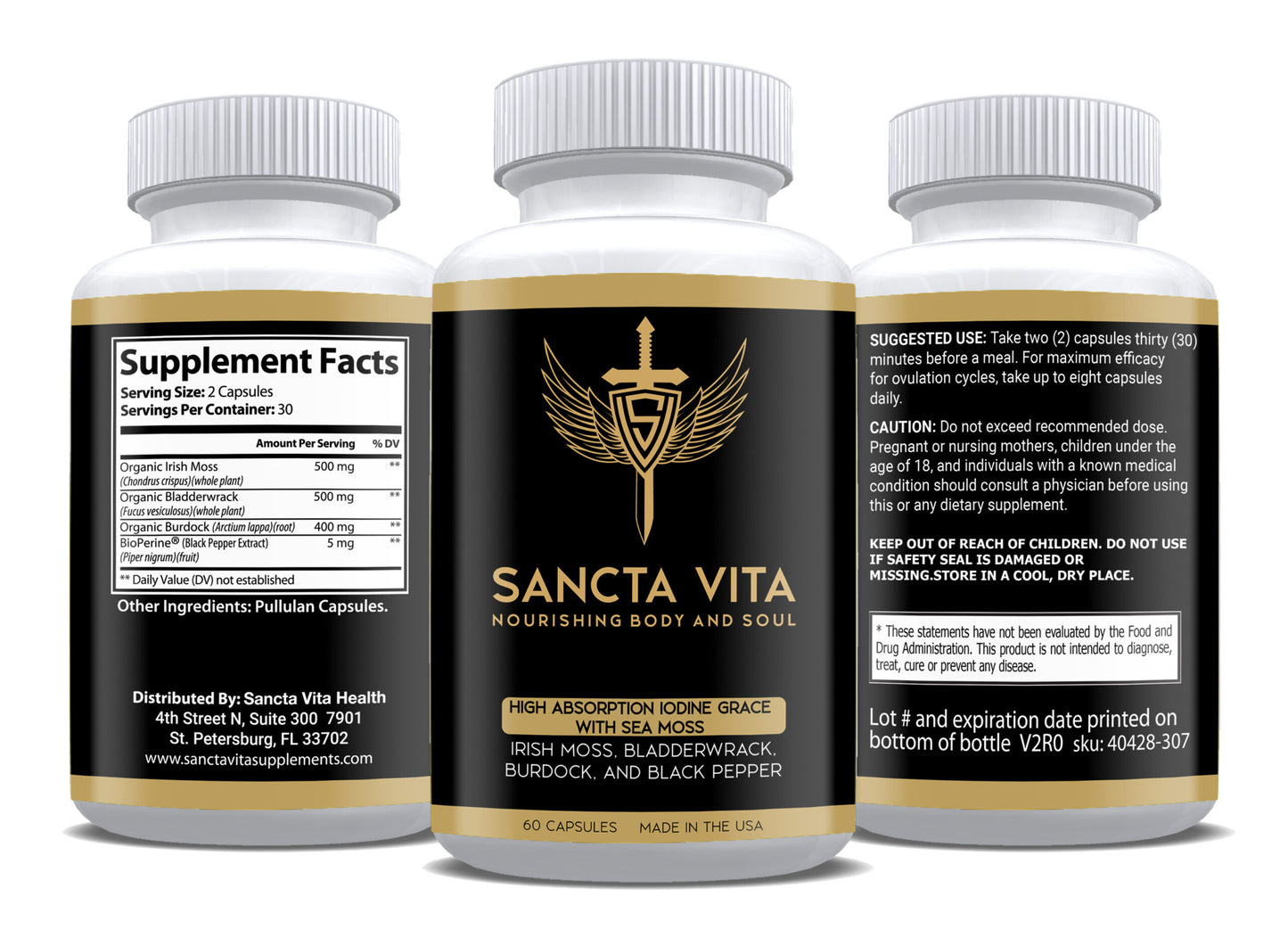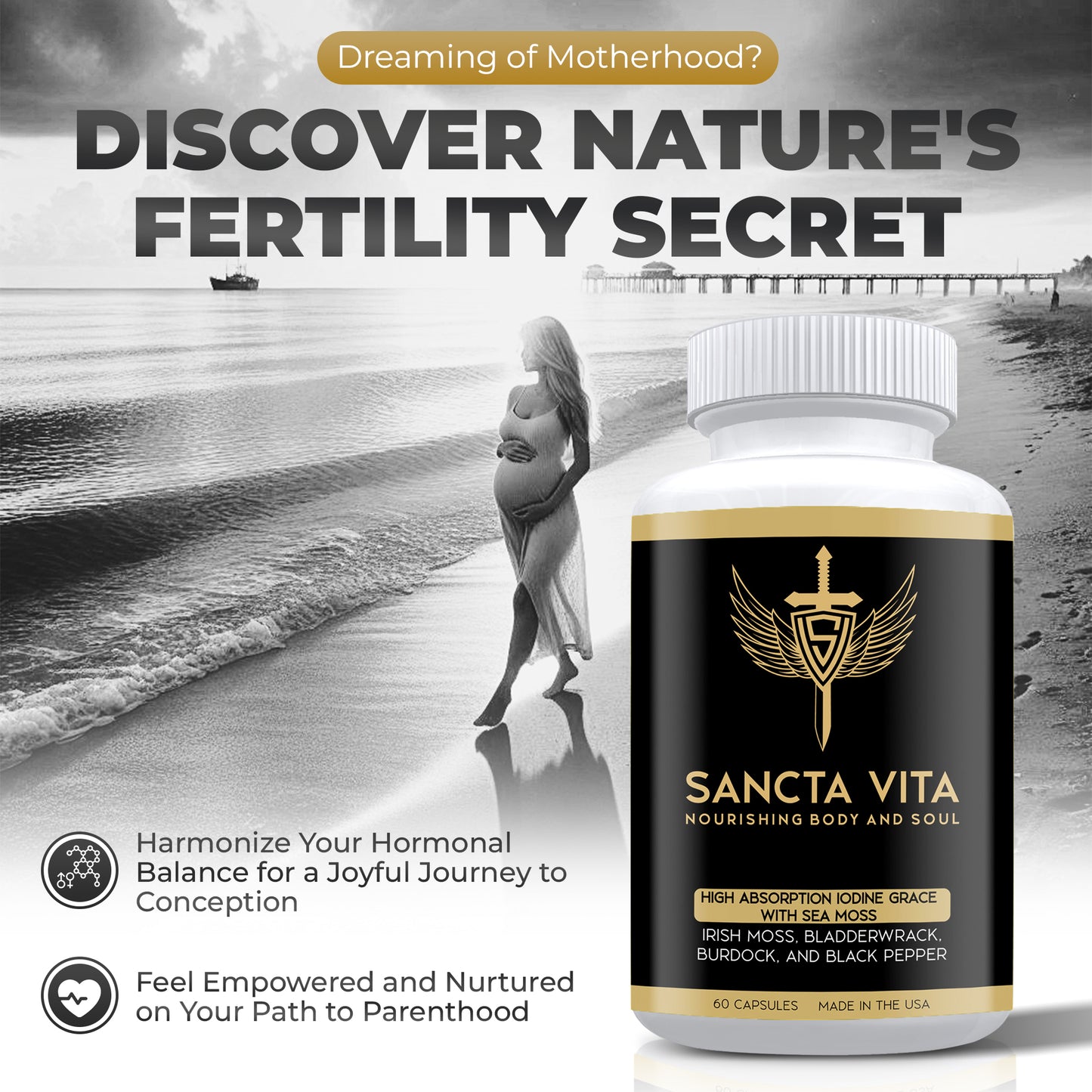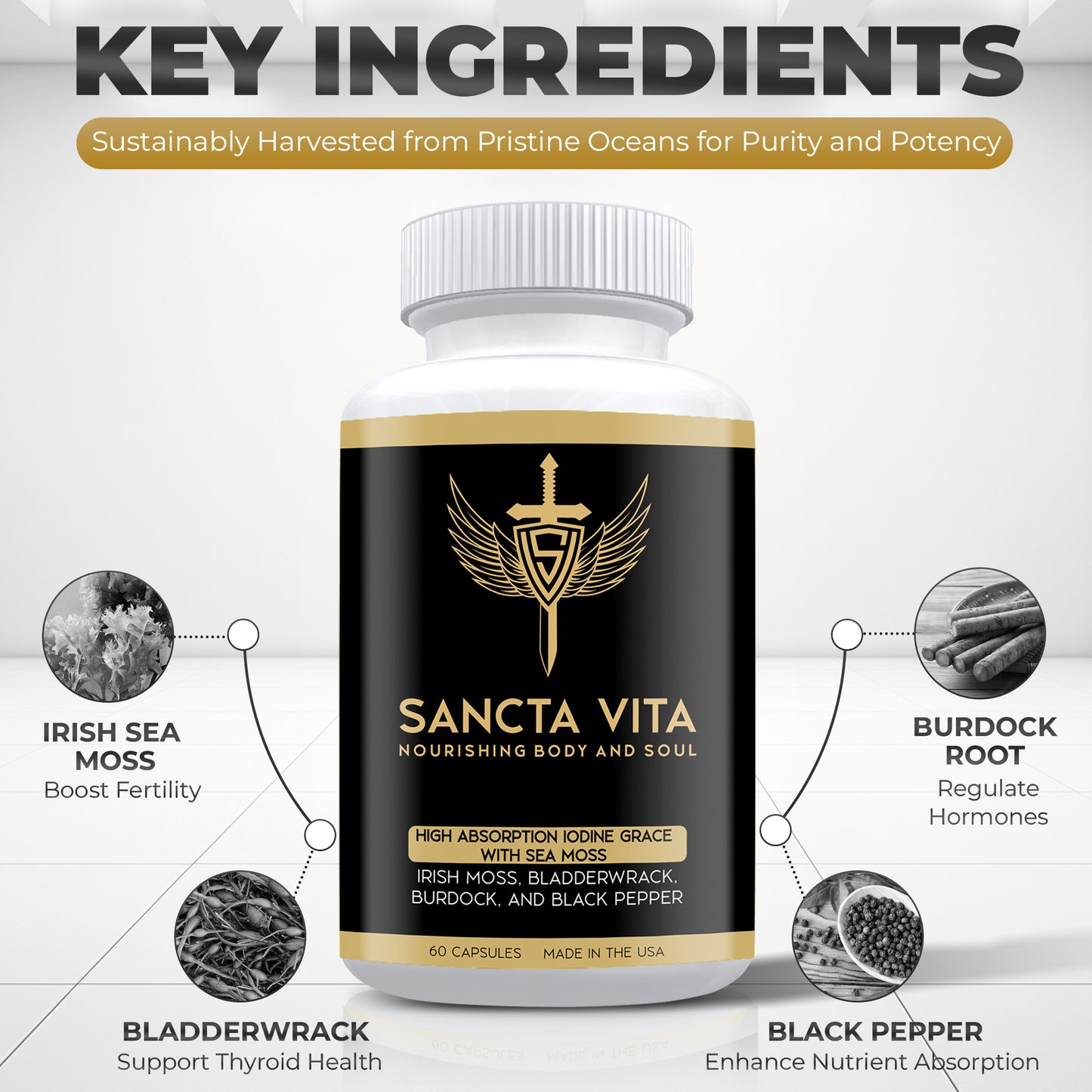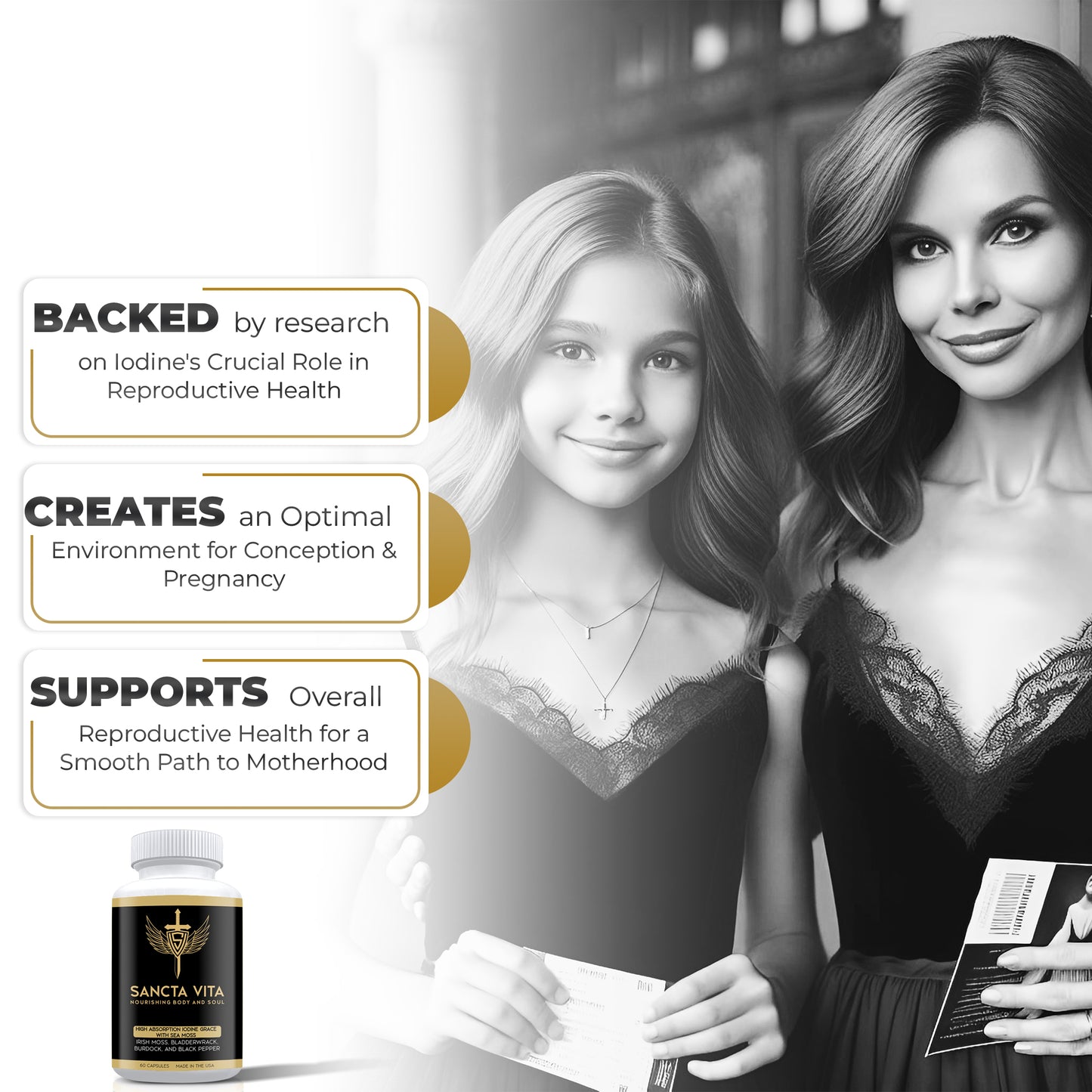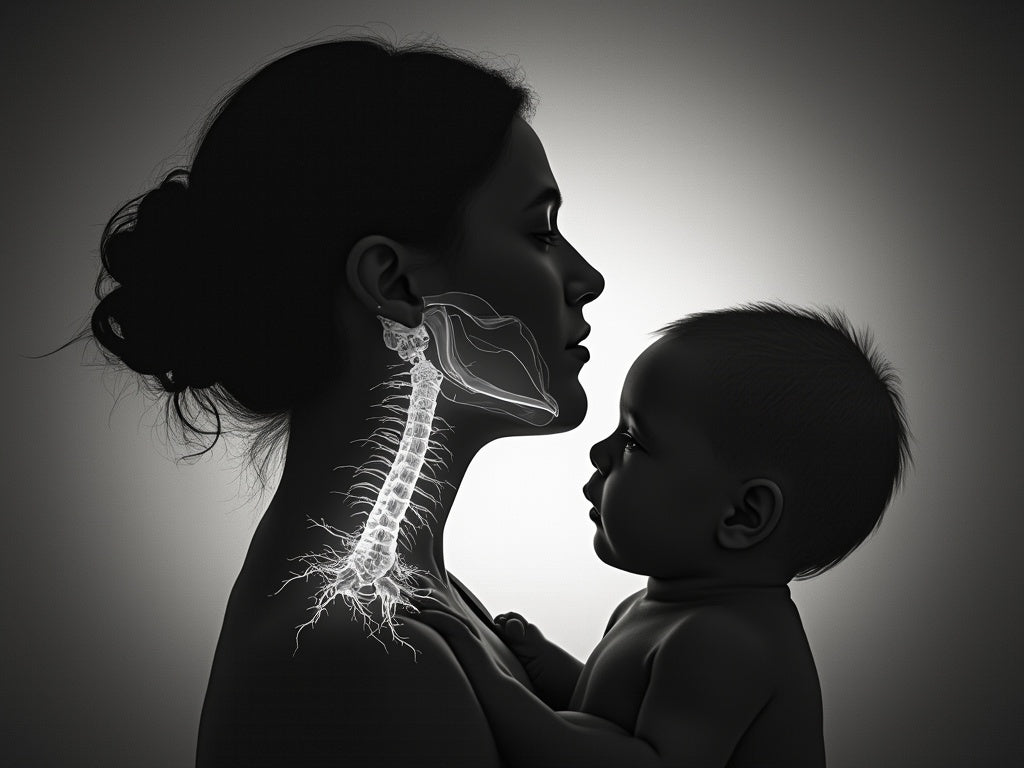
Fertility & Hypothyroidism: Causes, Solutions, and Conception Tips
Share
Fertility hypothyroidism, a condition where low thyroid hormone levels impact reproductive health, can significantly hinder conception efforts. Understanding the intricate relationship between thyroid function and fertility is crucial for couples struggling to conceive, as proper management can restore ovulation and improve pregnancy outcomes.
Key Takeaways:
- Thyroid hormones play a vital role in regulating ovulation and menstrual cycles
- Optimal TSH levels for conception are below 2.5 mIU/L
- Untreated hypothyroidism can double the risk of miscarriage
- Proper diagnosis and treatment can restore fertility in most cases
- Lifestyle changes can complement medical treatments for improved outcomes
The Thyroid-Fertility Connection: Understanding Hypothyroidism's Impact on Conception
Fertility hypothyroidism occurs when the thyroid gland doesn't produce enough hormones, particularly T3 and T4, which are essential for reproductive health. The pituitary gland controls thyroid function by releasing Thyroid Stimulating Hormone (TSH). When thyroid hormone levels are low, it can disrupt the delicate balance needed for successful ovulation and conception.
Women with TSH levels above 2.5 mIU/L face higher rates of infertility. For optimal fertility, the target TSH range during pregnancy is below 2.5 mIU/L. It's worth noting that nearly 10% of women experience autoimmune thyroid disorders, with Hashimoto's thyroiditis being the most prevalent.
Hypothyroidism can lead to irregular menstrual cycles and increased miscarriage risk. These issues stem from the thyroid's crucial role in regulating reproductive hormones. When thyroid function is impaired, it can throw off the entire hormonal balance necessary for conception.

Diagnosing and Treating Hypothyroidism for Improved Fertility
Proper diagnosis is the first step in addressing fertility hypothyroidism. Essential tests include:
- TSH (optimal range: 0.5-2.5 mIU/L)
- Free T3 and Free T4
- Thyroid antibodies (TPO and TgAb)
It's important to note that subclinical hypothyroidism, which affects 10% of women of reproductive age, can be easily missed without comprehensive testing.
Treatment options for fertility hypothyroidism include:
- Levothyroxine (Synthroid): A synthetic T4 replacement
- Diet and supplementation: Focusing on iodine and selenium intake
- Personalized functional medicine: Addressing gut health and inflammation
The effectiveness of proper treatment is significant. Studies show that 75% of women with treated hypothyroidism experienced restored ovulation. However, it's crucial to monitor thyroid antibodies, as elevated TPO antibodies are linked to a doubled risk of miscarriage.
For women undergoing fertility treatments, it's essential to optimize thyroid function before starting IVF or IUI cycles. Untreated Hashimoto's thyroiditis can reduce IVF success rates by up to 40%. By addressing thyroid issues beforehand, couples can improve their chances of successful conception.
Lifestyle Strategies to Optimize Thyroid Function and Boost Fertility
Alongside medical treatments, lifestyle changes can significantly impact thyroid function and fertility. Here are some key strategies:
- Dietary adjustments: If you're iodine deficient, be cautious with goitrogens. Incorporate selenium and zinc-rich foods to support thyroid health.
- Stress reduction: Practice yoga, meditation, or try acupuncture to lower cortisol levels, which can interfere with thyroid function.
- Moderate exercise: Engage in regular, moderate exercise to maintain a healthy weight without overstraining your body.
- Anti-inflammatory diet: For those with autoimmune-triggered hypothyroidism, focus on omega-3 rich foods to reduce inflammation.
- Gut health: Consider probiotics and eliminating gluten, especially for autoimmune cases, to support overall thyroid function.
These lifestyle changes can complement medical treatments and enhance overall fertility. It's important to work closely with your healthcare provider to create a personalized plan that addresses your specific needs.
Remember, managing fertility hypothyroidism is a journey that requires patience and persistence. By combining medical treatments with lifestyle modifications, many women can successfully overcome thyroid-related fertility challenges and achieve their dream of motherhood.
For those looking for additional support, specialized fertility supplements can provide essential nutrients to support thyroid function and reproductive health. Always consult with your healthcare provider before starting any new supplement regimen.
Frequently Asked Questions
Q1: How does hypothyroidism lead to infertility?
Hypothyroidism disrupts hormone levels critical for ovulation and embryo implantation. This hormonal imbalance can prevent regular ovulation, making conception difficult.
Q2: Can hypothyroidism cause miscarriage?
Yes, untreated hypothyroidism doubles the risk of miscarriage due to hormonal imbalances and autoimmune effects. Proper management is crucial for maintaining a healthy pregnancy.
Q3: What TSH level is ideal for fertility?
The ideal TSH level for fertility is between 0.5 – 2.5 mIU/L. Maintaining TSH within this range can significantly improve conception chances and pregnancy outcomes.
Q4: Is it safe to conceive with hypothyroidism?
Yes, it's safe to conceive with hypothyroidism, but proper management is crucial. This typically involves levothyroxine treatment or lifestyle changes to maintain optimal thyroid hormone levels.
Q5: Can fertility treatments like IVF succeed with hypothyroidism?
IVF outcomes remain comparable when hypothyroidism is well-managed, with TSH below 2.5 mIU/L. Proper thyroid management before and during fertility treatments is essential for success.
References
1. Dallas-Fort Worth Fertility Associates. Thyroid Disorders - Infertility in Women - Hypothyroidism.
2. PubMed. Thyroid dysfunction and female infertility. A comprehensive review.
3. One Fertility Kitchener Waterloo. Thyroid Disorders And Effects On Fertility.
4. Mayo Clinic. Hypothyroidism and infertility: Any connection?
5. NIDDK. Hypothyroidism (Underactive Thyroid).
Sources:



